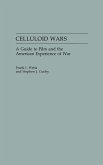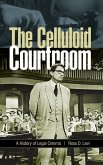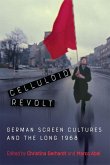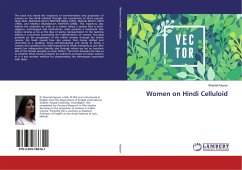"Celluloid Democracy is brilliant; the scholarship is admirable. Hieyoon Kim has written an extraordinarily captivating account of the film workers, educators, intellectuals, and radical film activists in Cold War South Korea who dreamed of a better world and struggled to achieve democracy through cinema until the end of military rule in 1987. This remarkably readable and well-researched study deserves a wide audience."--Sangjoon Lee, author of Cinema and the Cultural Cold War: US Diplomacy and the Origins of the Asian Cinema Network "A fascinating and polished piece of scholarship written in clear and vivid prose. I don't know of any other book quite like this one. Moving away from the traditional focus on auteurs and film texts, Kim masterfully draws our attention to the critical yet often forgotten figures working on the margins of the postwar film scene, filling in some substantial gaps in our understanding of this period."--Christina Klein, author of Cold War Cosmopolitanism: Period Style in 1950s Korean Cinema "Through comprehensive and thoughtful analysis, this fascinating book explores the efforts of filmmakers to create, communicate, and realize alternative sociopolitical visions on-screen, shedding light on the collective sensibility and communal intelligence that have long sustained the progressive spirit of Korean cinema. With a keen eye for detail and a deep understanding of the subject matter, Kim weaves together a narrative that captures the essence of filmmakers' struggles to challenge dominant narratives and pave new paths in the cinematic landscape of Korea."--Jinsoo An, author of Parameters of Disavowal: Colonial Representation in South Korean Cinema
Hinweis: Dieser Artikel kann nur an eine deutsche Lieferadresse ausgeliefert werden.
Hinweis: Dieser Artikel kann nur an eine deutsche Lieferadresse ausgeliefert werden.








